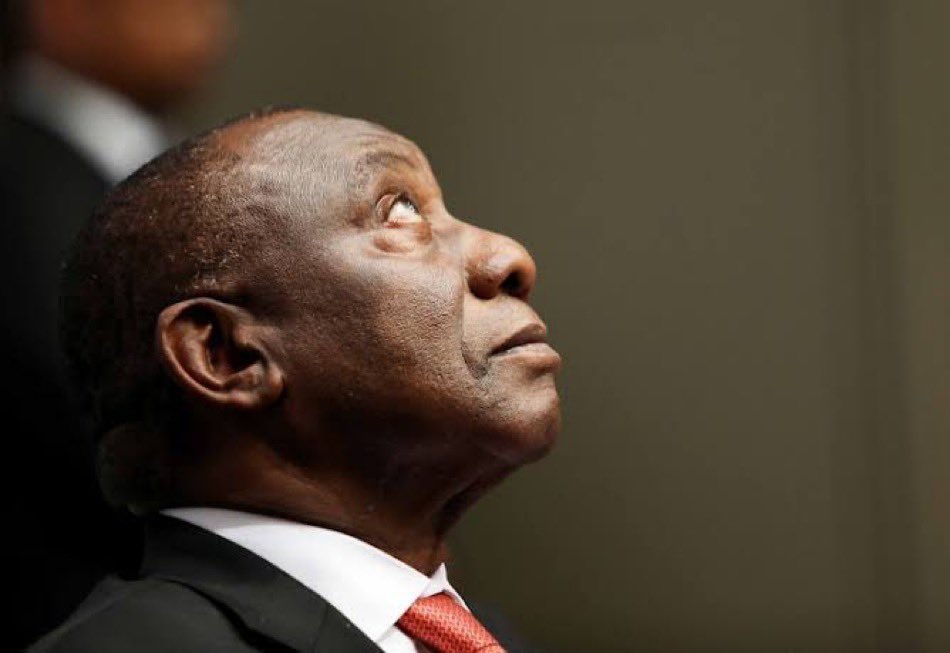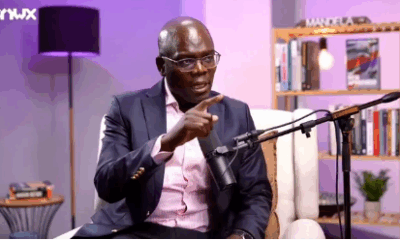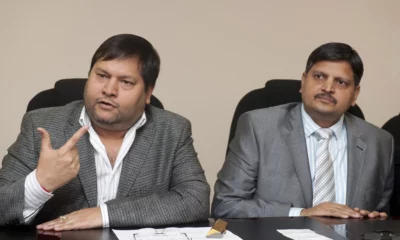Business
South Africa’s Failing Systems: Why Business Leaders Are Drawing a Line

Warning signs that can’t be ignored
Rolling blackouts, collapsing water infrastructure, broken municipal services and a struggling police force, these are no longer isolated glitches. For Business Leadership South Africa (BLSA) CEO Busisiwe Mavuso, they are symptoms of something far more dangerous: a state edging toward failure.
Speaking ahead of the launch of BLSA’s new Government Reform Tracker, Mavuso said South Africa now displays many of the hallmarks of a failing state, an inability to provide basic services, a stagnant economy, weakened law enforcement and rising social unrest.
“This is not sentiment,” she stressed. “It is economic reality. If the government fails, the country fails. If the country fails, business fails.”
The cost of keeping the lights on
Over the past few years, private companies have quietly stepped in to help fix what the state cannot. From funding energy reforms to smoothing logistics blockages, the business sector has been footing the bill, often at great cost to itself.
“When government systems fail, business carries the cost,” Mavuso explained, citing higher security budgets, backup power generation, alternative transport routes and mounting productivity losses. “Ultimately, that renders us uncompetitive in global markets.”
While these interventions have yielded progress, particularly in the energy sector, transport reform, and clearing visa backlogs, Mavuso warned against creating a “permanent state of dependency” where the state leans indefinitely on private resources.
State capture’s shadow and the slow climb back
Much of the current collaboration between government and business is aimed at undoing the damage of state capture, a decade and a half marked by systemic corruption, looting of public resources, and the hollowing out of key state institutions.
Public-private teams have managed to chip away at the legacy of this period, with some notable wins: stabilising parts of the power grid, easing freight bottlenecks, and modernising certain administrative systems. But these gains, Mavuso insists, must be milestones on the road to a fully functional state, not the end of the journey.
A call for measurable progress
“This is not charity,” Mavuso said. “These are investments with measurable returns.”
She called for sprint targets, clear deadlines and regular assessments of progress, with the new Reform Tracker acting as a watchdog to ensure reforms lead to tangible improvements in the business and investment climate.
The message is clear: business is willing to help, but only if there’s an endgame. Every rand spent plugging government gaps is a rand not spent on expansion, innovation or job creation.
For Mavuso, the choice is stark, either South Africa rebuilds the capacity of its government institutions, or it continues down a path where the private sector props up a failing state at the expense of its own survival.
{Source: BusinessTech}
Follow Joburg ETC on Facebook, Twitter , TikTok and Instagram
For more News in Johannesburg, visit joburgetc.com


























